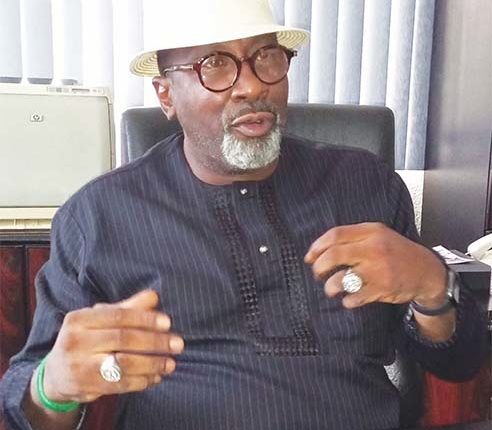It is quite fascinating how effortlessly one can critique the government based on their own perspective.
By Abayomi Odunowo.
For many years, Tai Solarin was a thorn in the side of government particularly the Ibrahim Babangida (IBB), a relentless critic of his leadership and a champion of the poor. Tai Solarin, a renowned educator and social activist, never hesitated to speak out against what he saw as incompetence and corruption in the government. His outspoken nature earned him both praise and criticism, but he remained steadfast in his commitment to advocating for the marginalized and disenfranchised in society.
IBB, the then Military President, took note of Tai Solarin’s persistent critiques and decided to invite him for a discussion. In a surprising turn of events, IBB asked Tai what he could do to improve the lives of the poor in Nigeria. Tai saw this as an opportunity to make a real difference and proposed a soft loan scheme that would enable poor Nigerians to start small businesses and lift themselves out of poverty. IBB was impressed by Tai’s proposal and appointed him as the Chairman of the newly formed Peoples Bank, tasked with overseeing the distribution of funds to the poor.
Initially, the Peoples Bank seemed like a promising initiative, with many poor individuals receiving loans to kickstart their businesses. However, as time went on, it became apparent that a significant number of borrowers were neither repaying their loans nor using the funds for their intended purpose. The bank ran into financial difficulties, ultimately leading to its collapse and liquidation.
Tai Solarin was devastated by the failure of the Peoples Bank. He had hoped that his vision for empowering the poor would be a success, but the reality was far from what he had envisioned. When Tai approached IBB with the news of the bank’s collapse, expecting reprimand or punishment, he was surprised by IBB’s response.
IBB, instead of berating Tai for the failure of the bank, pointed out the challenges of governance and the complexity of managing a large-scale institution. He reminded Tai that talk is cheap, and that taking action and implementing policies on a national scale is far more challenging than simply proposing ideas. IBB’s words served as a humbling reminder for Tai, who had underestimated the difficulties of running a successful government program.
Despite the setback with the Peoples Bank, IBB still saw potential in Tai Solarin and offered him the opportunity to serve as either the Minister of Education or Finance. Tai could have easily accepted the offer and continued his career in government, but he chose to decline. Tai respectfully declined the offer, acknowledging that he needed to take a step back and reflect on his experience with the Peoples Bank.
In saying no to IBB’s offers, Tai demonstrated humility and self-awareness. He recognized his limitations and understood that his true calling was in advocating for social change from outside the government. By walking away from a position of power and influence, Tai Solarin remained true to his principles and his commitment to serving the interests of the poor and marginalized.
The encounter between Tai Solarin and IBB serves as a powerful lesson in humility, accountability, and the challenges of governance. Tai’s experience with the Peoples Bank highlighted the importance of realistic expectations, thorough planning, and effective implementation in achieving meaningful social change. Despite the setbacks he faced, Tai Solarin’s dedication to the cause of social justice remained unwavering, solidifying his legacy as a tireless advocate for the downtrodden.





